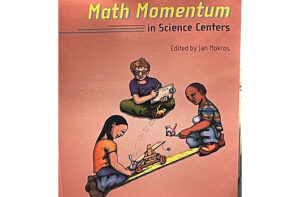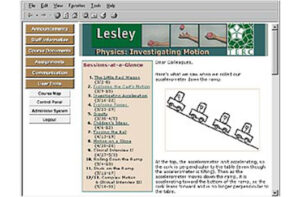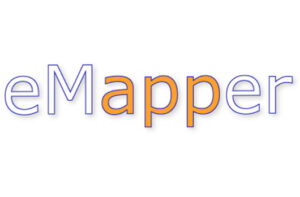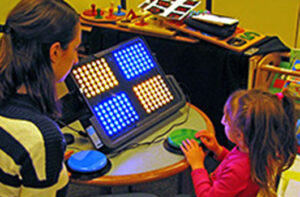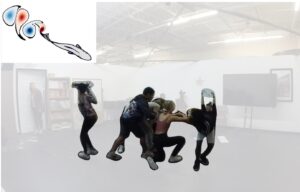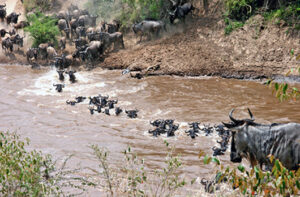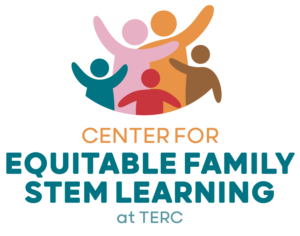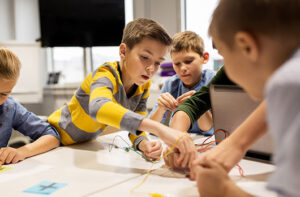Achieving Energy and Ecological Literacies for All: Linking Ecology and Energy Education
Leanne M. Jablonski, Kenneth Klemow and Gillian Puttick
The Journal of Sustainability Education, Energy Education, Vol. 8, January 2015
Summary
Perspectives from Sessions at Ecological Society of America (ESA) 2014 Annual Meeting
Linking ecology and energy literacy efforts is an essential step for producing scientifically literate citizens who are able to make informed choices about energy, yet the two literacies have developed independently. To explicitly link these, we explored the interface between ecology, energy and education by inviting experts from diverse fields to share perspectives on how to improve public literacy in ecology and energy. This paper presents a synthesis of three organized sessions at the Ecological Society of America (ESA) August 2014 annual meeting: a symposium on a broad range of issues related to energy, ecology and sustainability; an organized oral featuring innovative approaches using ecological concepts to educate Kindergarten through college students about energy, and a share-fair where these innovations were demonstrated. Presentations represented all age-levels, non-formal and formal education, the geophysical sciences, public policy experts, government agencies, ecologists and sociologists, faith-based and environmental non-profits.
Diverse, creative and innovative educational approaches are underway, with major government funding attesting to their import. For ecologists, most of the energy applications centered on sustainability issues, and focused on climate change caused by fossil fuel development. Emerging considerations include direct impacts of energy development and transmission on ecosystems. Conversely, energy literacies should consider the role of ecology, given the ecological impacts involved in decisions about energy extraction and transport. General public audiences including environmental, faith-based and environmental justice communities are increasingly considering environmental dimensions in energy decisions and policy outreach but often on single, time-sensitive issues. Adult education would benefit from a more comprehensive integration of energy and ecology.
We propose that including an explicit ecology dimension in the energy literacies, and similarly involving energy application in the ecology literacies, would be synergistic and allow these inclusive and inherently interdisciplinary fields to flourish and best serve our educational goals of achieving an informed citizenry.


